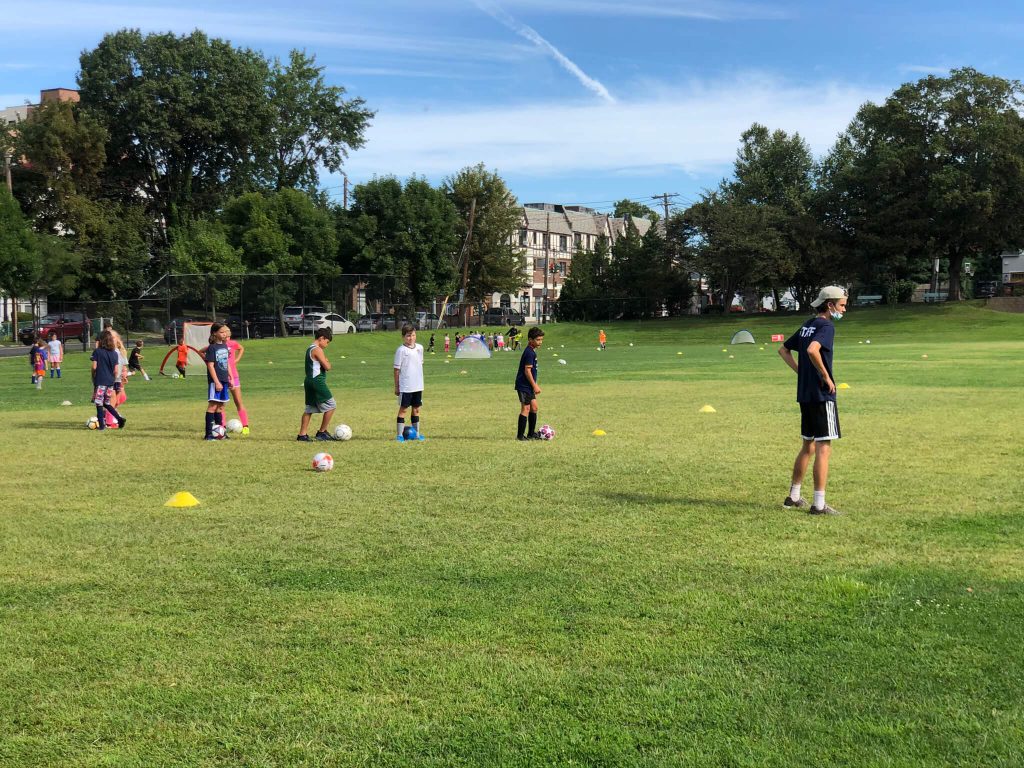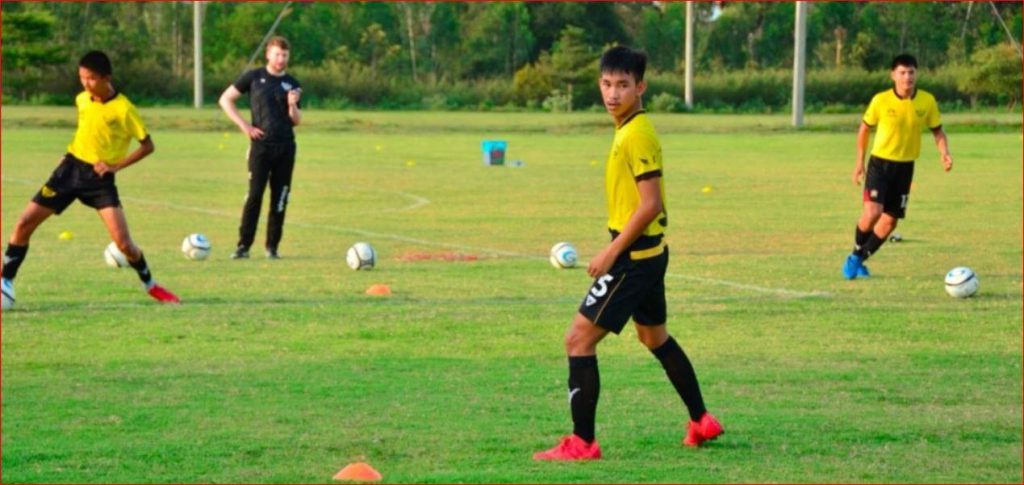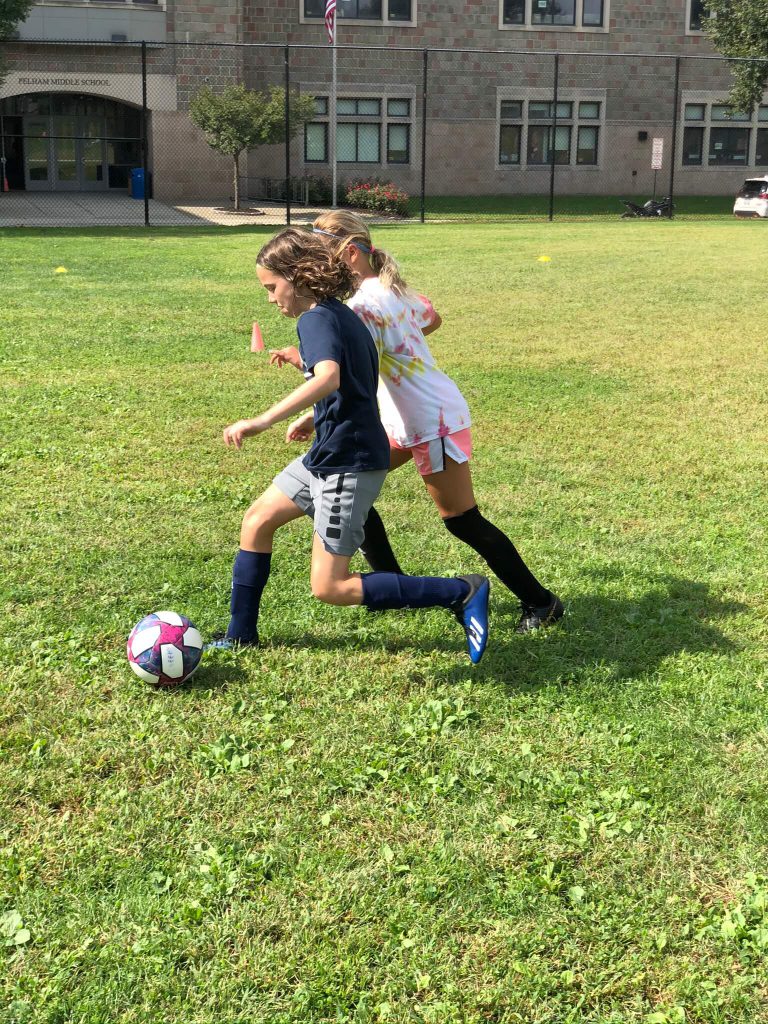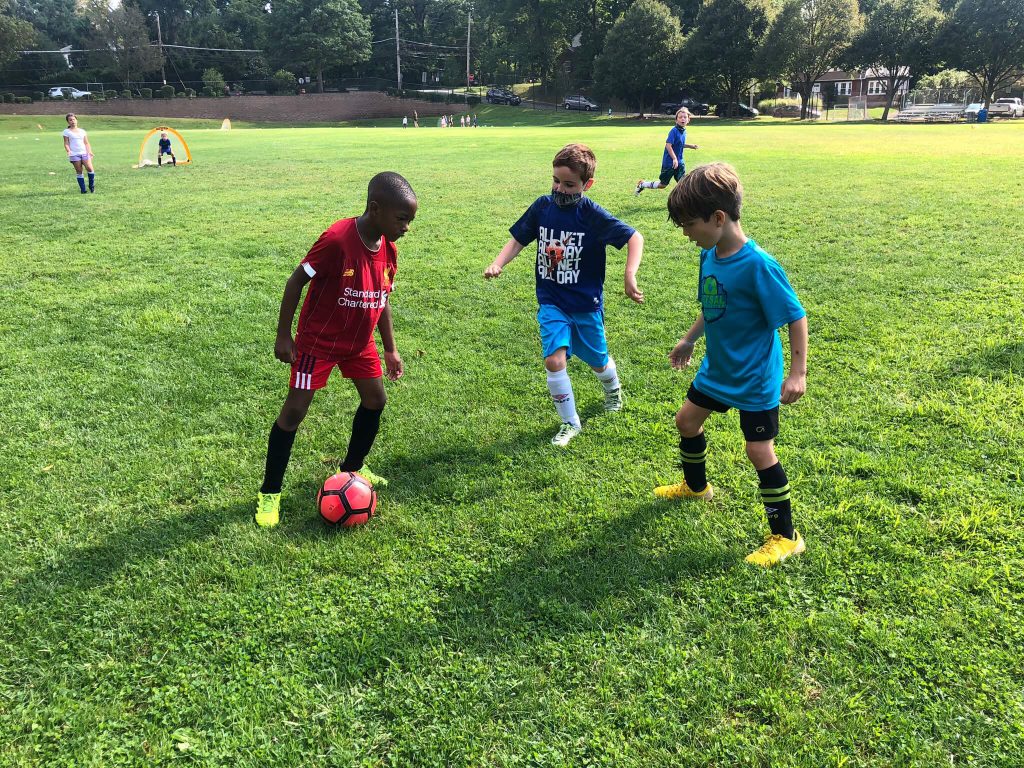Your Game or Players’ Game?

“The game belongs to the players, it’s as simple as that.”, according to former Arsenal FC former manager, Arsene Wenger.
Wenger further stated, “The game is so great that there a billion different situations possible; no situation is exactly as the previous situation. No coach in the world can tell exactly what is going to happen. The player has to perceive the situation, make a decision, and execute an action.”
Coach Centered
I was convinced that to play soccer you had to perform countless skill moves. My practices started with players doing the ‘Maradona’, ‘Cruyff turn’, ‘Ronaldo chop’, ‘Messi dribble’ and others.
Worst, players were doing the skill on my command regarding when, why, and where. They were unopposed, with their ball executing a skill – I said; They did.
My coaching did not give my players an opportunity to learn how to play the game. My coaching was more about me the coach, rather than the player.
Coaching Your Players
How are you coaching your players to learn to play the game? You have different schools of thought that breakdown the details of learning technical skills.
Surely, you have heard that without skill on the ball you have no chance of being good playing soccer.
Wrong Way
For years players have learned to perform a soccer skill/move, often times unopposed, then demanded by your coaching to carry out during in a game. Players who learn to play soccer in this manner often end up lacking confidence and ability during games.
Mastering the ball does not mean mastering the game. One of the outcomes during games is the kickball mentality because the training was developing skills in an unopposed setting.
Mastering The Game
Players who master the game focus more than just on improving their skills. Their ability to scan the field, make a decision in that moment and apply their skills are vital.
Perception (Scanning)
Scanning is important for kids to learn at a young age. You need to create games and activities that help young players find openings. You should guide them asking questions of why, what and how as they discovered solutions. You can play the game of handball as the hand-eye coordination is more developed at the young age than foot-eye.

Decision Making
Your players need to be training under opposition, in various games using different field sizes, goals and numbers. Each game presents a different and within that game no problem is exactly the same as the previous.

Execution
Your players learn the skills through two primary models – instruction and/or imitation.
You can coach/train your players, demonstrating the various skill moves. Yes, this is important and helpful, but the player of tomorrow will be different for today’s players.
For your players to develop they need to watch the game. The imitation model fires up their creativity and imagination. Watching other kids, competing against kids, and watching older players.

Your players do not perform an action on the field without perceiving what’s happening around them. Then they have to make a choice by applying their skills. Focusing solely on skill development in isolated settings will make your player(s) struggling when faced with competition.
I’m interested to hear your thoughts on how you have been developing your players’ abilities.
References
www.Keepitonthedeck.com. Interview with Arsene Wenger, Ian Wright and Sol Campbell.
Leave A Comment